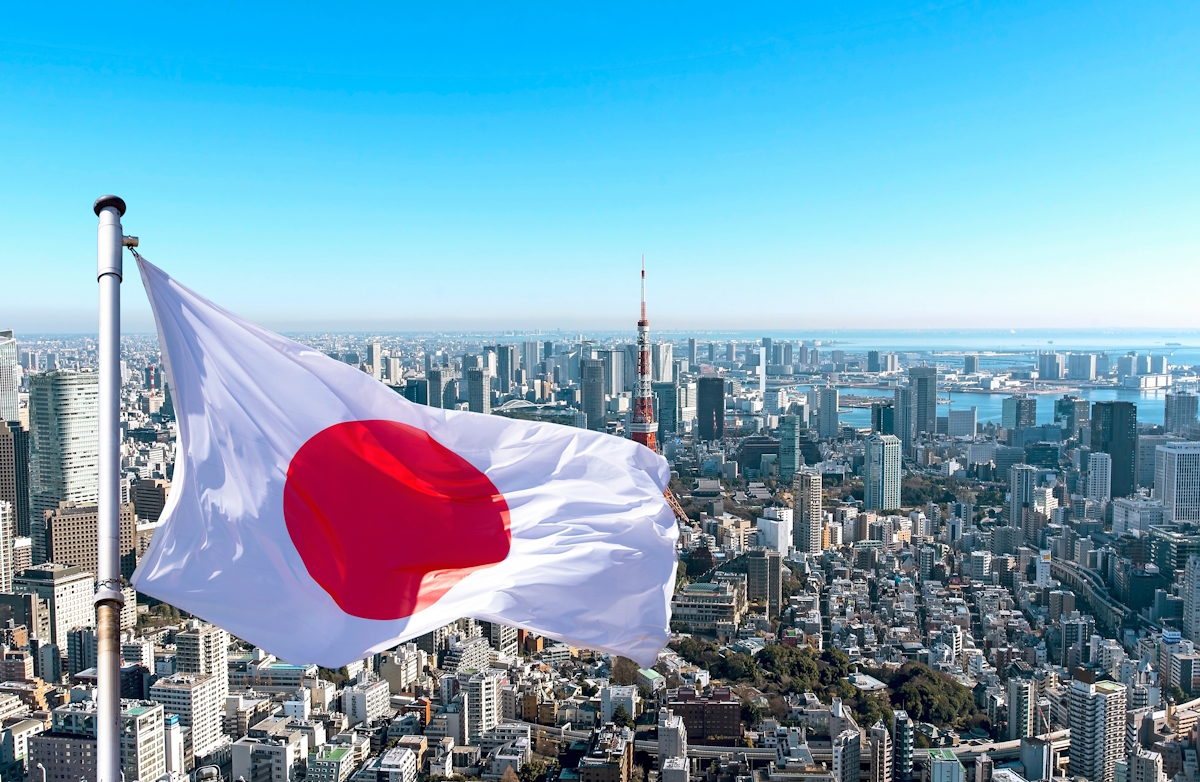The interest of renowned investor Warren Buffett in the long-term attractiveness of Japanese companies had other investors follow. Yet, there’s more to Japan’s renaissance than relatively cheap valuations, says Junichi Takayama, Investment Director at Nikko Asset Management. We spoke to him to uncover Japan’s long-term value.
AsiaFundManagers.com: Japan has experienced quite a year so far. What has led to the renewed interest in the market?
Junichi Takayama: Well, one of the highlights leading to the renewed interest was the visit by Warren Buffett of Berkshire Hathaway. The timing of this visit, ahead of Japan’s full-year earnings season from April to May, proved quite symbolic. The “sage of Omaha” has a longstanding reputation for picking winners, and his visit really was a catalyst for Japanese equities to continue their march upwards. In July, both the TOPIX Index and the Nikkei 225 rose to their highest levels since 1990, and the positive momentum has continued since. Berkshire Hathaway subsequently increased its stakes in five major trading companies in Japan (Itochu, Marubeni, Mitsubishi Corp, Mitsui & Co and Sumitomo), cementing the world-renowned investor’s faith in Japanese businesses.
AsiaFundManagers.com: Why are Japanese companies becoming increasingly attractive to investors?
Junichi Takayama: Japanese stocks are benefiting from relatively cheap valuations, a long-awaited return of inflation and a weakening currency. But there are other, deep-rooted reasons behind the sustained progress made this year.
One of them is that recent changes to the way companies are run are already bearing fruit. Earlier this year, the Tokyo Stock Exchange (TSE) published new guidance for listed companies, urging them to come up with better financial strategies that focus on cost of capital and share prices. Effectively, the TSE asked companies trading with a price-to-book (P/B) ratio of below one to improve their financial practices to enhance shareholder value (a P/B ratio below one indicates investors have a less than positive view of the company’s future profitability).
The ways in which companies can look to improve their P/B ratio – such as more investment in research and development (R&D), creating intellectual property and intangible assets, portfolio restructuring and investing in equipment and facilities for profitable projects – are all positives for investors. Another option for improving the ratio is to increase returns to shareholders, either by paying higher dividends or through share buybacks. Clearly, in complying with the new guidance, Japanese companies are now moving in the right direction, all at the same time.
Corporate Japan is no longer the “closed shop”
Junichi Takayama: Japan’s push for corporate reforms, and the cultural imperative driving them, shouldn’t be underestimated. Companies are changing their behaviour and taking steps to anticipate and head off greater pressure from shareholders. The last thing Japanese companies want is to be named and shamed, so more companies are proactively making corporate improvements before their shareholders force them to.
Japan’s recent soaring success doesn’t look like a flash in the plan, as suggested by Japan’s long-term secular uptrend in corporate profits. Encouragingly, it is being sustained by the fact that Japanese companies are finally ready to engage with shareholders.
There is, of course, still some way to go. But the signs are encouraging. Corporate Japan is clearly no longer the “closed shop” it once was, and global investors are now starting to recognise the advantages that being open for business brings.
AsiaFundManagers.com: Where does Japan stand with its post-Covid recovery?
Junichi Takayama: It looks promising. Japan’s service sector has consistently been recovering. Au Jibun Bank Japan Services purchasing managers’ index (PMI) hit a record high of 55.9 in May, the ninth straight month where the services sector was well above the 50-mark signifying expansion. This impressive rate of growth dipped only marginally in August, down to a seasonally adjusted 54.3. And the services sector’s strength can be attributed to the fact that in April, the Japanese government removed the last of its Covid-related restrictions, including cross-border measures.
Furthermore, inbound tourism is recovering. The return of Chinese tourists to Japan was the final restriction to be removed. Incoming tourism from the rest of the world has already returned to around 103.4% of pre-Covid levels, China’s tourism to Japan has understandably been slower to recover and is still down at around 30% of pre-Covid numbers. However, Chinese tourism looks likely to improve throughout the second half of the year.
What’s interesting to note is that as a result of the Japanese yen weakness, tourism spending is outpacing tourist numbers, so even though tourist numbers haven’t yet reached their 2019 levels, aggregate spending is quickly heading toward prior levels. This means we can expect a much faster recovery path than we had expected just three to six months ago. We are no longer talking about a recovery in tourism, but a further growth in inbound tourism from here.
AsiaFundManagers.com: Inflation has been running above the Bank of Japan’s (BOJ) 2.0% target for over a year now. Are the years of deflation finally over for Japan?
Junichi Takayama: Celebrating inflation might sound incongruous, particularly given some Western economies are still finding it hard to combat rising prices, but deflation has historically been one of Japan’s biggest weaknesses, holding back investment and growth.
However, with July’s core Consumer Price Index (CPI) inflation figure reaching 3.1% year-on-year, in line with forecasts, there are signs that cost-push inflation is beginning to peak in Japan, and inflation should slow in the second half of 2023.
This should allow the BOJ to keep policy steady for the time being. With Japan’s long-term interest rate hovering around 0.6%, but with the US and Europe still tightening at much higher rates, the BOJ clearly has much more policy leeway than its global peers.
AsiaFundManagers.com: Thank you very much for the interview.
Junichi Takayama

Investment Director
Nikko Asset Management
Junichi Takayama joined Nikko Asset Management as an Investment Director on the Japan Equity team in December 2013. He earned his Bachelor of Arts in Economics from the University of Michigan, Ann Arbor and Master of Business Administration with Honors from the University of Chicago Booth School of Business. He is a Chartered Financial Analyst (CFA), Chartered Alternative Investment Analyst (CAIA) and Chartered Member of the Securities Analysts Association of Japan (CMA).










 Australia
Australia China
China India
India Indonesia
Indonesia Japan
Japan Malaysia
Malaysia Philippines
Philippines Singapore
Singapore South Korea
South Korea Taiwan
Taiwan Thailand
Thailand Vietnam
Vietnam
 Germany
Germany Hong Kong
Hong Kong USA
USA Switzerland
Switzerland
 United Kingdom
United Kingdom








